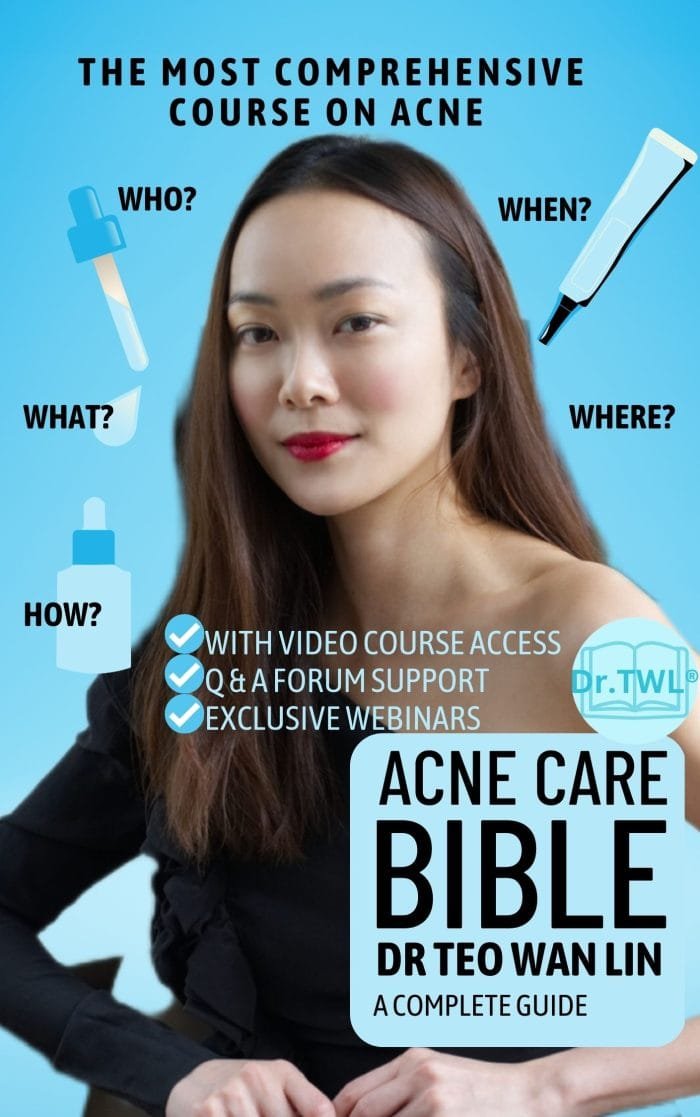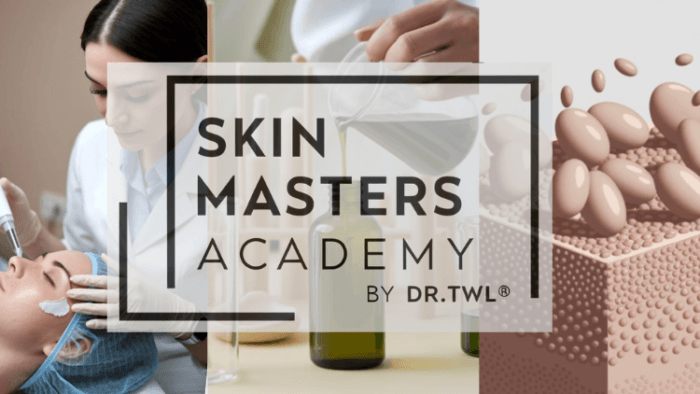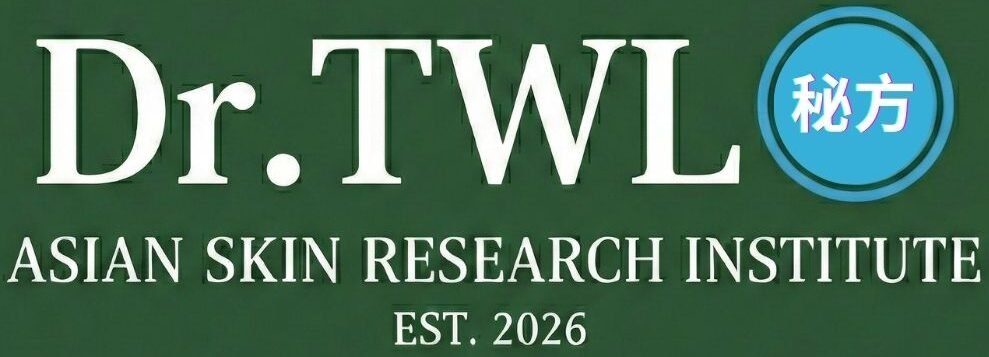Welcome back to “Skincare Deep Dive,” our brand new series on the acne podcast where we explore the science and soul of skincare. Today, we’re diving into a topic that affects millions: acne. But we’re not just talking about the usual creams and cleansers. We’re asking a bigger question: Is the future of acne treatment holistic? Is holistic acne treatment via functional dermatology the way to go?
What is Holistic Acne Treatment?
For years, the conventional approach to acne has often focused on treating the symptoms: reducing inflammation, killing bacteria, and unclogging pores. While these treatments can be effective for many, others find themselves in a frustrating cycle of breakouts, harsh chemicals, and temporary fixes. This is where the idea of holistic acne treatment, often championed by functional dermatology, comes into play. So, what exactly is functional dermatology?
Well, think of it as a more comprehensive and personalized approach to skin health—in conventional definitions, functional medicine aims to identify and address the root causes of human disease, and in the case of dermatology, we are talking about skin issues like acne. They look beyond the spot itself and consider the interconnectedness of the body’s systems.

When it comes to functional dermatology, it’s not so well-defined in the scientific literature—fundamentally we already have some knowledge about how hormones and the gut microbiome influence skin conditions like acne. But as to whether dietary modifications alone can treat acne, the answer is no. However, the evidence possibly points towards a synergistic role in terms of how lifestyle factors can improve the efficacy of acne management and in terms of overall skin health.
What I am going to focus on is functional dermatology as a holistic approach rather than a boxed-in term. That means, we’re going to regard the skin as a whole, building on the current body of research that points towards the skin as an ecosystem. We’re talking about the skin microclimate, the integrity of the skin barrier, but most specifically when it comes to acne, it’s the microbiome.
Instead of solely focusing on say sebum control, which is the way medications like isotretinoin work, we’re looking at the interplay of factors such as surface hydration which can indirectly affect oil gland activity. For instance a condition known as reactive hyperseborrhea occurs when oily skin is subject to astringent cleansers which dehydrate the skin’s surface. This is why dermatologists always recommend a gentle cleanser for universal skin types, oily skin included. Very often those who suffer from oily-dehydrated skin have been exposed to astringent cleansers and toners which deplete and even damage the skin barrier over time.
Those with dry skin, such as eczema, could also develop acne especially in the teenage years. And because eczema is a genetically determined condition whereby the skin barrier is deficient, it is pertinent to know how to manage acne in such cases. The typical approach of using astringent skincare, even medications like oral isotretinoin would very likely induce a flareup of eczema. In such cases, it is useful to incorporate gentler alternatives such as anti-inflammatory botanical actives which target the root cause of acne holistically. In this episode, I’ll begin by diving right into the causes of acne.

What are the Causes of Acne?
Acne is one of the most common skin disorders in the world that affects all age and ethnic groups. To illustrate, key pathogenic factors such as the proliferation and colonization of the bacteria P. acnes, increased sebum production and inflammatory mechanisms can all lead to the development of acne. Additionally, factors like genetic history and diet also play significant roles in acne development.
From a functional dermatology perspective, acne isn’t just a skin problem; it’s often a sign that something else is imbalanced within the body. This could involve gut health, hormonal fluctuations, stress levels, inflammation, dietary sensitivities, or even environmental factors. That’s where a truly effective acne treatment plan needs to consider the individual as a whole, i.e. for holistic acne treatment.
Most importantly, functional dermatology doesn’t necessarily dismiss conventional treatments. In many cases, a combination of both approaches can be the most effective. A topical retinoid might still be used to unclog pores, while dietary changes work to reduce overall inflammation from the inside out.
Holistic Acne Treatment via Functional Dermatology
So, what might a holistic acne treatment plan look like in practice? It could involve dietary changes, like reducing processed foods, sugar, and dairy, which are known to be inflammatory for some individuals. It might include targeted supplements to support gut health, balance hormones, or address specific nutrient deficiencies. Stress management techniques like mindfulness or yoga could also be incorporated.

It’s about finding the right balance for each individual. We might use conventional therapies to address acute breakouts while simultaneously working on the underlying factors to prevent future flares. The goal is long-term skin health, not just a quick fix. Now, it’s important to acknowledge that the field of functional dermatology is still evolving. While there’s growing evidence supporting the link between gut health, diet, and skin conditions, more rigorous research is needed in some areas. It’s also crucial to seek guidance from qualified healthcare professionals who have training in both dermatology and functional medicine principles.
So, is functional dermatology the way to go for holistic acne treatment? It certainly offers a compelling alternative for those who haven’t found lasting relief with conventional methods. By addressing the root causes and taking a personalized, holistic approach, it empowers individuals to take control of their skin health from the inside out.
If you’re struggling with persistent acne and are curious about a more holistic approach, consider researching functional dermatologists in your area. Have an open conversation with your current dermatologist about your interest in exploring these options for holistic acne treatment. Remember, healthy skin is a reflection of overall well-being.

That’s all the time we have for today’s episode. Thank you for joining us. We’ll be back with another insightful discussion on the world of acne and skincare.
